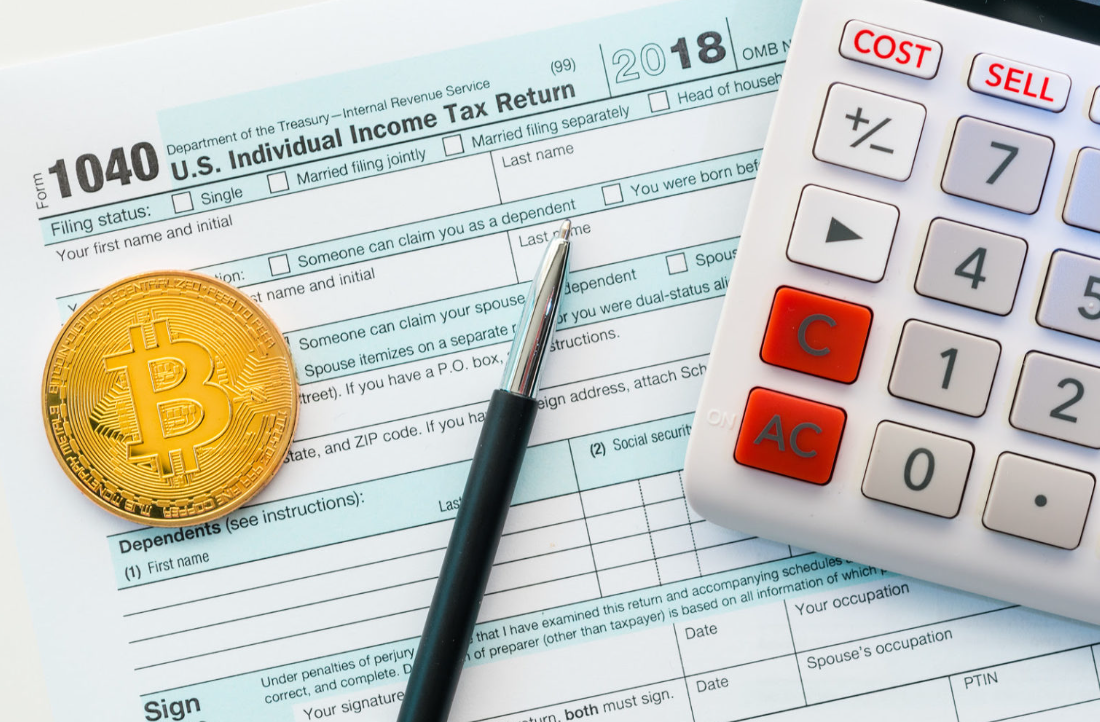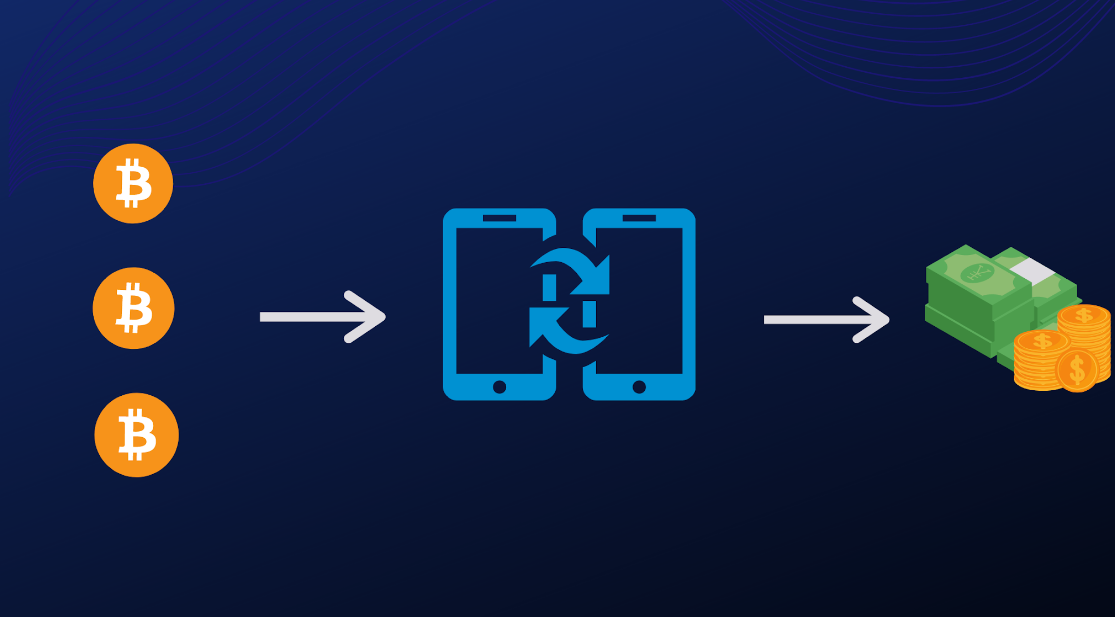Are Crypto Fees Tax-Deductible? How Is It Calculated? If you’ve ever wondered how to figure out the tax-deductible value of your cryptocurrency fees, you’re not alone. This article will go over the rules and regulations regarding these fees and how you can claim them as a deduction. These fees are actually processing fees built into blockchain networks, similar to transaction fees. These fees are deductible from the value of the asset you sold.
Can you deduct cryptocurrency fees from your taxes?
Cryptocurrency fees may be deductible for businesses, but not for individuals. The amount depends on the type of cryptocurrency and its native coin. These fees are written off as business expenses, and the business can deduct the fees from the sales proceeds. The fee amount may also be deductible if the cryptocurrency was purchased using a debit or credit card.
In order to deduct cryptocurrency fees, you must first sell the coins you have. They are taxable when you sell them, but if you sell older coins, you can claim a long-term gain, which will lower the amount of crypto taxes you pay. However, you can only deduct your crypto fees if you sell the cryptocurrency for more than it cost you.
The process of tracking cryptocurrency transactions can be confusing and difficult. Whether you are loading a cryptocurrency to your debit card or using it to purchase items, it’s important to keep track of all of the transactions. Most taxpayers don’t pay attention to these transactions, but this is important for tax reporting purposes.
Before the Tax Cuts and Jobs Act, investment-related expenses could be deducted. However, this deduction was eliminated for tax years 2018 through 2025. However, you can still deduct transaction fees by adjusting the cost basis or deducting them from the sale proceeds. TaxBit has an excellent explanation of how the deductions for fees worked before the Act, and how you can still claim these expenses in your taxes.
Tax laws for cryptocurrency are complicated. You should check with your tax advisor before accepting any crypto transactions. It’s important to note that, unlike regular currency, cryptocurrency is a property. This means that it can result in capital gains or losses. You’ll have to report these amounts on your tax return.
Another important factor to keep in mind is that cryptocurrency payments are not legal tender in Canada until 2021. Until then, paying with crypto is considered barter. That’s why you need to keep track of entry and exit prices for tax purposes. The same applies to cryptocurrency airdrops. New projects often give away free tokens as part of their marketing efforts.
While cryptocurrency may be a good investment for businesses, it’s still taxable income. If you’re an individual, it’s best to move to a tax-friendly state. This way, you can keep more of your crypto earnings and pay less to the state treasury.
Another way to lower your crypto tax bill is by gifting cryptocurrency to family or friends. According to the IRS, you can gift up to $16,000 per person per year without incurring any tax consequences. If you choose to gift cryptocurrency to a family member, your basis in the currency will transfer to the new owner. Additionally, the new owner may earn a low enough income to avoid paying taxes on the appreciated value. The tax bill may also be lower than it would have been if you had sold your cryptocurrency.
Cryptocurrency donors can also take advantage of the charitable deduction rules to claim their cryptocurrency donation as a tax deduction. When you donate cryptocurrency to a 501(c)(3) charity, the IRS will consider it a non-cash charitable contribution. Charitable organizations may even help with documentation of your virtual currency donation.
How to calculate cryptocurrency fees
Cryptocurrency exchanges charge fees for transaction processing. These fees are used to support the cryptocurrency exchanges and their businesses. These fees are tax-deductible for businesses, but they are not deductible for individuals. For more information on whether cryptocurrency fees are tax-deductible, you should consult a tax advisor.
There are a number of ways to calculate whether or not cryptocurrency fees are tax-deductible. The IRS does not specifically provide guidance on how to calculate cryptocurrency fees. However, the tax code does allow you to add these expenses to the cost basis of a financial asset. This reduces the reportable profit at sale. The Ethereum gas fee calculator can be used to apply these fees to cost basis.
In the United States, there are two types of income – ordinary and capital gain income. These categories can be long-term or short-term. If you receive crypto through an airdrop or as a payment, the cryptocurrency will be taxed at ordinary income rates. If you receive crypto as a gain, however, you’ll have to pay tax on the gain or loss.
If you are using cryptocurrency as a form of investment, you should keep a record of the cost basis and effective realized price. Even without a Form 1099 statement, you may owe tax. In addition, the IRS is stepping up enforcement efforts to prevent tax evasion. Further, the IRS is scrutinizing cryptocurrency exchanges more closely as they deal with digital currencies. This surveillance could impede the widespread use of cryptocurrency.
The IRS is getting better at tracking Bitcoin and other popular cryptocurrencies, so it’s important for taxpayers to know the tax implications of these new forms of currency. This uncertainty can be avoided by using a tax-free cryptocurrency platform. With TaxBit, you can automate your cryptocurrency tax filing process with the help of their software.
It’s also important to keep track of the cryptocurrency transactions you make. Many exchanges offer exports of trading data that you can use for tax purposes. Your tax professional will be able to use this information to determine the amount of tax you owe. By keeping a record of your transactions, you’ll be able to calculate your cryptocurrency fees tax-deductible.
It is crucial to remember that not all cryptocurrency exchange fees are tax-deductible. Some of them have a minimum payment threshold of $600. If your fees are more than this, it is likely you’ll be taxed on the full amount of your cryptocurrency earnings. If you’re considering buying cryptocurrency for a long-term investment, you need to consider your tax-deductible needs.
CRA rules for deducting cryptocurrency fees
If you own cryptocurrencies like Ethereum, you need to know the rules around taxation for cryptocurrency fees. While these fees may be tax deductible, they are not recognized as legal tender in Canada. Therefore, if you wish to claim these fees, you need to keep good records of the transaction prices and the amounts you spent on them. For example, if you spent $2,000 on gas for Ethereum to run your home, you need to track your expenses.
If you’re using cryptocurrency as a means of paying your bills, you have to keep track of your activity and report your gains and losses to the CRA. Since all crypto activity is recorded on a public ledger, the CRA has access to this information. However, figuring out how to report your crypto earnings is not an easy task. The rules for cryptocurrencies are very complex, and tax treatment varies from person to person.
First, you need to determine whether the cryptocurrency you bought is a taxable asset. If so, it will be taxable at the time of sale or disposition. Keep good records and consult with a tax professional if you’re not sure about your situation. Also, you can try to avoid triggering capital gains or losses by investing in stablecoins.
Next, you need to download your cryptocurrency transaction history. It’s important to keep track of all the transactions and the exchange rates. This will help you determine your cost basis, proceeds, and capital gains. This way, you can determine the amount you can deduct. This way, you’ll know whether your cryptocurrency trading activities are tax deductible or not.
Another important detail to know about cryptocurrency fees is the CRA’s rules on capital gains and business income. The CRA doesn’t define the phrase “in the course of business,” but the IRS looks for indications that the activity is a business. As long as you can demonstrate that you’re engaging in activities that are deemed “in the course of business”, you should be able to claim deductions for the cryptocurrency fees you’ve paid.
While cryptocurrency is not taxed like stock purchases, Canadians who invest in the cryptocurrency markets are still liable for unexpected tax bills. This is because cryptocurrency taxes are not as straightforward as stock purchases. Many clients struggle with calculating the gains and losses on cryptocurrency transactions. As a result, they’ve ended up with unexpected tax bills.
While the CRA does not specify the exact rules for ICOs, it has made clear that a charitable organization should be able to issue a $600 receipt for a donation of bitcoin or Ethereum. Moreover, the CRA requires donors to pay Capital Gains Tax on the difference between the amount of crypto and the donation. For this reason, it’s important to keep records of your transactions.



